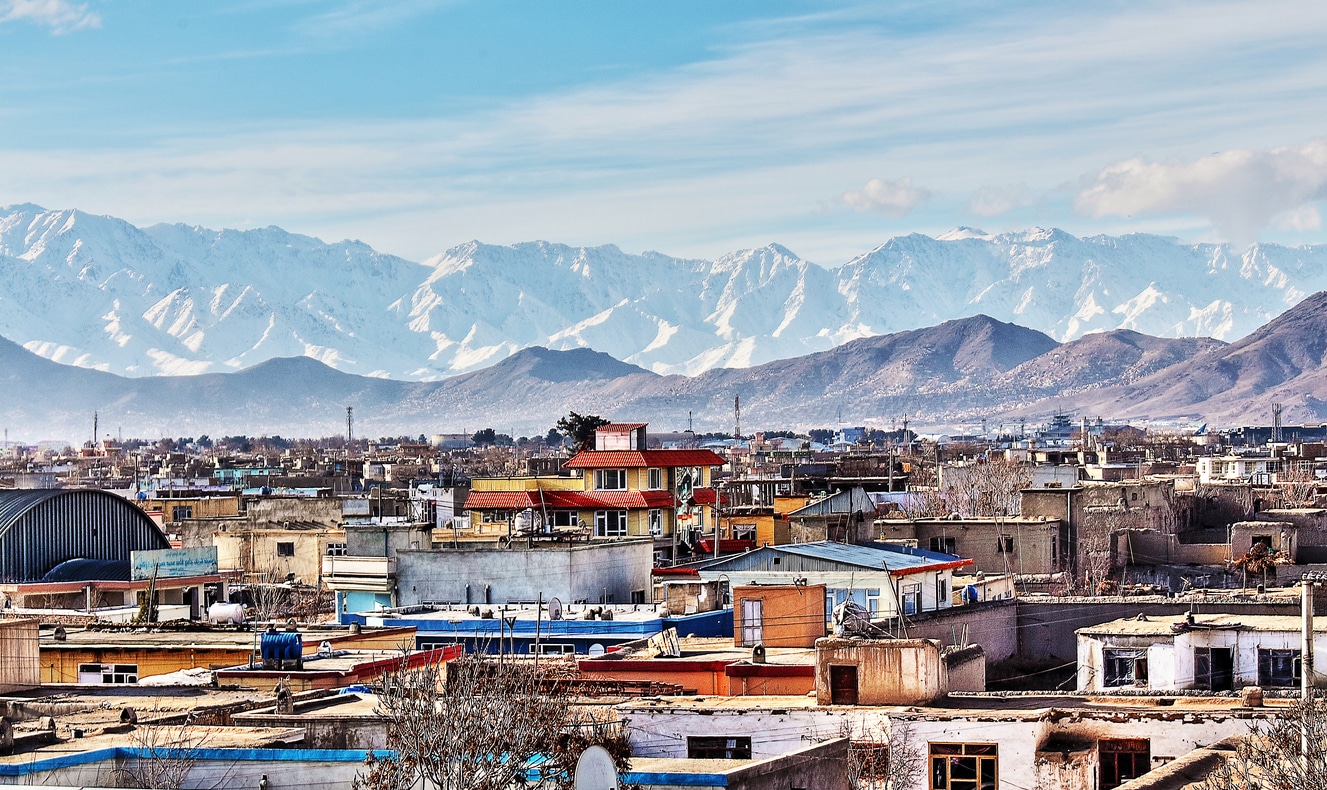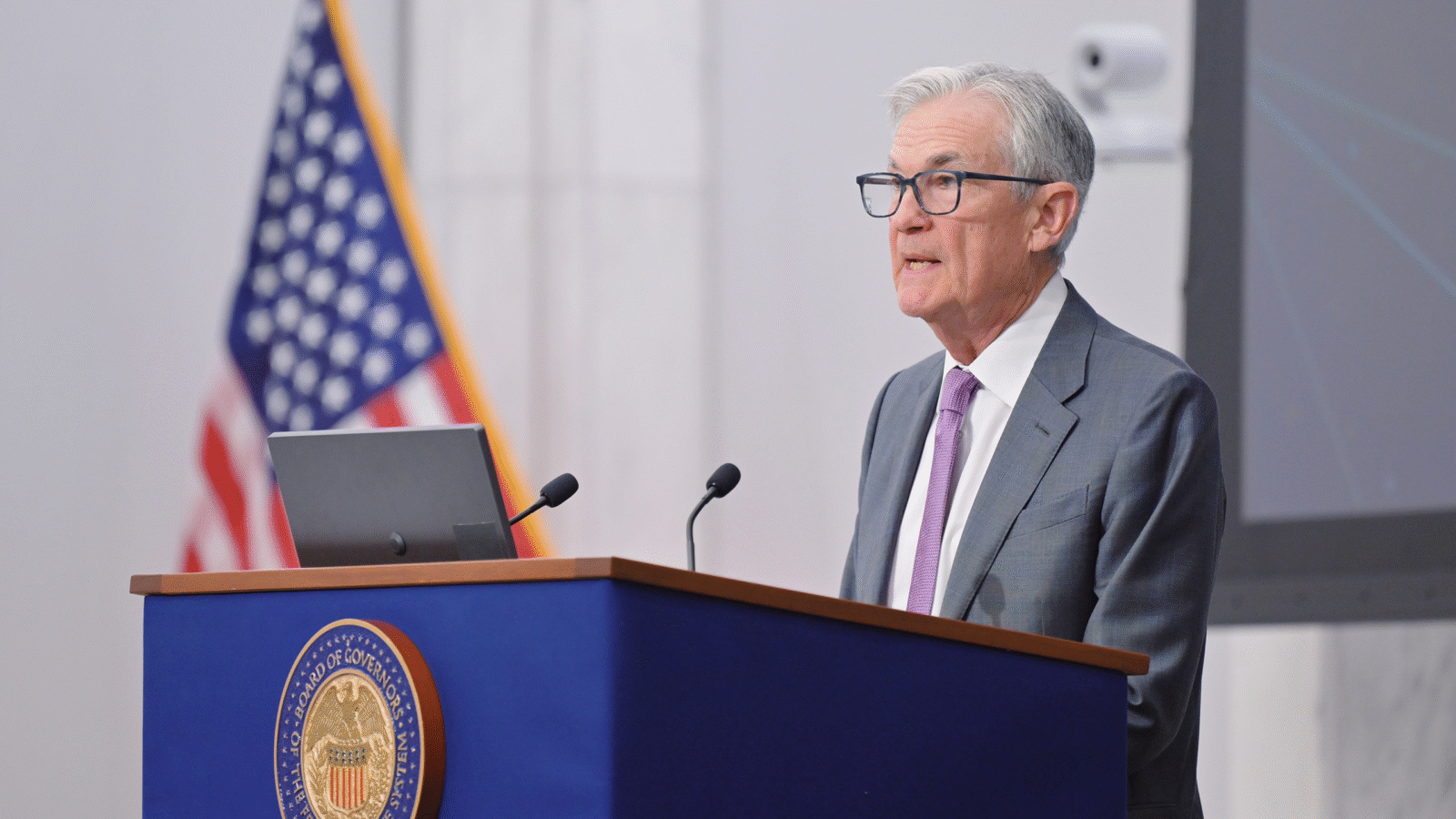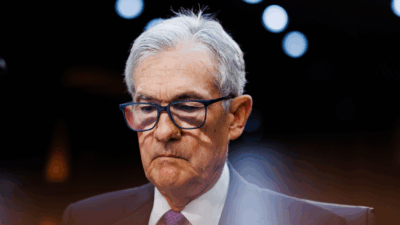
Sign up for smart news, insights, and analysis on the biggest financial stories of the day.
The overthrow of Afghanistan’s government by the Taliban this week has heightened concerns about regional stability in the Middle East and the safety of refugees. Now, the economic fallout is beginning.
Afghanistan’s former central banker Ajmal Ahmady — who fled the country alongside other officials — warned Wednesday that a dire shortage of dollars and higher inflation are poised to hammer the country’s financial outlook.
“It’s Going to Be Quite Dire”
With 90% of Afghans living below the poverty level of $2 per day (according to the U.S. Congressional Research Service), Afghanistan is already one of the world’s poorest nations. A financial crisis is now a serious probability in the country, where 75% of public spending is financed by international aid:
- Afghanistan had $9 billion in currency reserves last week, but almost all of them are held in now-frozen international accounts. And the cessation of bulk shipments of dollar reserves from the U.S. could unleash a dangerous rise in food prices and capital controls, as the country’s currency, the Afghani, has collapsed to its weakest levels on record (about 86 per U.S. dollar).
- The country is set to receive an unconditional $460 million disbursement from the International Monetary Fund on Monday as part of a coronavirus program, but U.S. lawmakers are calling on the Treasury — the IMF’s largest shareholder — to block the payments.
“We’ve finished the military phase and now we’re going to start the economic phase of the impact,” Ahmady told the Financial Times. “It’s going to be quite dire when people will not be able to access the funds they need from the banking sector.”
Riches Deferred: Afghanistan sits on massive mineral deposits worth nearly $1 trillion — iron, copper, gold, as well as highly demanded industrial metals like lithium. But the mining sector, which could dramatically transform the country’s economic prospects, never developed amid decades of war, occupation, and corruption.











